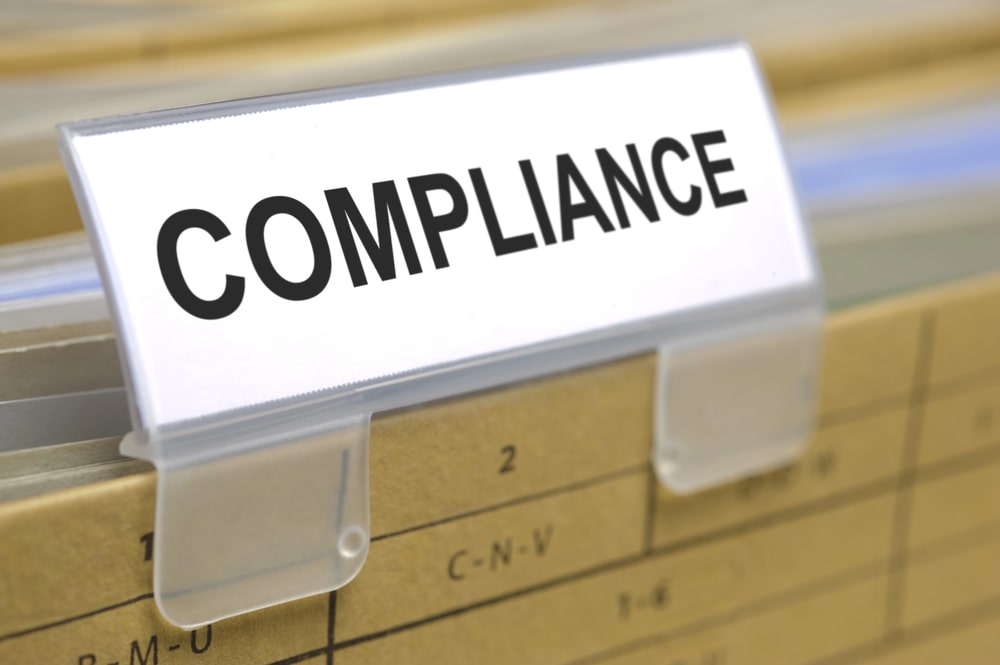If you’re a government contractor based in Dracut, there’s one acronym you can’t afford to ignore: DCAA—the Defense Contract Audit Agency. If your business holds a cost-reimbursable, time-and-material, or flexibly priced federal contract, then DCAA annual reviews are part of your reality.
These reviews aren’t just paperwork. They determine whether your financial systems, reporting, and documentation are up to federal standards—and whether you’ll retain current and future contracts. The good news? With the right planning, DCAA reviews don’t have to be disruptive.
This article outlines how to prepare for a DCAA annual review the right way—and how Peter Witts CPA helps contractors in Dracut stay ready and confident.
What Is a DCAA Annual Review?
A DCAA annual review is a structured check-in, not always a full audit, but just as important. It often involves reviewing your accounting system, timekeeping methods, cost allocations, and incurred cost submissions. The goal is to verify that your financial operations align with Federal Acquisition Regulation (FAR) guidelines and DCAA expectations.
If you’re managing a cost-type contract, you’re expected to submit an Incurred Cost Submission (ICS) annually—typically by June 30 of the following year. This submission is a major part of what DCAA will review.
Why Your Business Might Be Reviewed
DCAA reviews aren’t random. Contractors are flagged based on:
-
Award or renewal of a cost-reimbursable or T&M contract
-
Reaching specific contract value thresholds
-
History of audit findings or late/incomplete submissions
-
Shifts in your business model or billing practices
Even if you’ve had a clean history, natural growth or a new federal opportunity can trigger a review. It’s a sign you’re moving forward—but it also means stepping up your compliance.
What DCAA Looks for During the Review
A typical DCAA annual review will focus on these four key areas:
1. Accounting System Adequacy
Your accounting system must be able to track costs by contract, separate direct and indirect expenses, and provide real-time reporting. Systems like QuickBooks Online with job costing features can be customized to support these needs, but they must be structured correctly.
2. Timekeeping and Labor Tracking
DCAA expects daily time entries, project-level tracking, supervisor approvals, and consistent records. Informal timekeeping systems or spreadsheets without approvals are frequent points of failure.
3. Indirect Cost Rates and Allocations
Overhead, general and administrative (G&A), and fringe costs must be allocated using a defensible method. These rates should be reviewed and updated annually, with supporting calculations available for review.
4. Documentation and Recordkeeping
You’ll need to produce invoices, receipts, contracts, payroll records, rate calculations, and written policies. The rule is simple: if it isn’t documented, it didn’t happen.
How Dracut Contractors Can Prepare
Getting ready for a DCAA annual review doesn’t require overhauling your business—it requires putting the right systems in place and maintaining them consistently. Here are key steps to take:
-
Conduct a mock review in Q3 or early Q4. This allows you to spot weaknesses before DCAA does.
-
Standardize your timekeeping processes. Train all employees on daily entries and approvals, and implement a software-based solution if you’re still relying on spreadsheets.
-
Reconcile your books monthly. Don’t wait until year-end. Reconciliation helps catch allocation errors and rate inconsistencies in real time.
-
Create a documentation system organized by contract and cost type. This makes it easier to respond to audit requests without scrambling.
Why You Need a CPA Who Understands DCAA Compliance
General accounting knowledge won’t meet DCAA standards. You need a CPA with experience in:
-
Government contract accounting
-
FAR Part 31 cost principles
-
Incurred cost submission requirements
-
Labor distribution and internal controls
-
Audit readiness and response planning
At Peter Witts CPA, we help contractors across Dracut and New England prepare for DCAA reviews by:
-
Reviewing or building DCAA-compliant accounting systems
-
Assisting with incurred cost submissions
-
Training internal staff on labor tracking and compliance procedures
-
Providing ongoing Virtual CFO services to support financial management and compliance year-round
Common DCAA Compliance Mistakes to Avoid
These are the issues we see most often—and fix regularly:
-
Treating DCAA preparation as an annual task instead of a continuous process
-
Using non-compliant timekeeping systems or inconsistent labor approvals
-
Misallocating indirect costs or failing to adjust rate structures over time
-
Submitting incomplete or unsupported incurred cost reports
-
Failing to document internal financial controls
Avoiding these mistakes comes down to two things: awareness and proactive planning.
Your Annual DCAA Review Timeline
To stay ahead of review season, we recommend the following schedule:
-
Q3: Conduct an internal system check and mock review
-
Early Q4: Finalize indirect cost rate calculations, reconcile accounts, and document procedures
-
Late Q4: Prepare your incurred cost submission package and review labor distribution data
-
Q1–Q2 (Following Year): Submit your ICS and respond to any DCAA inquiries or follow-ups
Starting early ensures your records are complete, your policies are sound, and your systems are ready.
Compliance Is a Growth Strategy
DCAA annual reviews aren’t just regulatory red tape. They’re a test of how seriously you take your role as a government contractor. Businesses that pass smoothly tend to win more work, get paid faster, and avoid the stress of surprise audits or withheld payments.
At Peter Witts CPA, we make sure your business is not just audit-ready, but growth-ready. Our team brings industry-specific knowledge, hands-on support, and systems that scale with your success.
To prepare for your next DCAA annual review:
Let’s ensure your compliance strategy is as strong as your contract performance. Contact us today.

